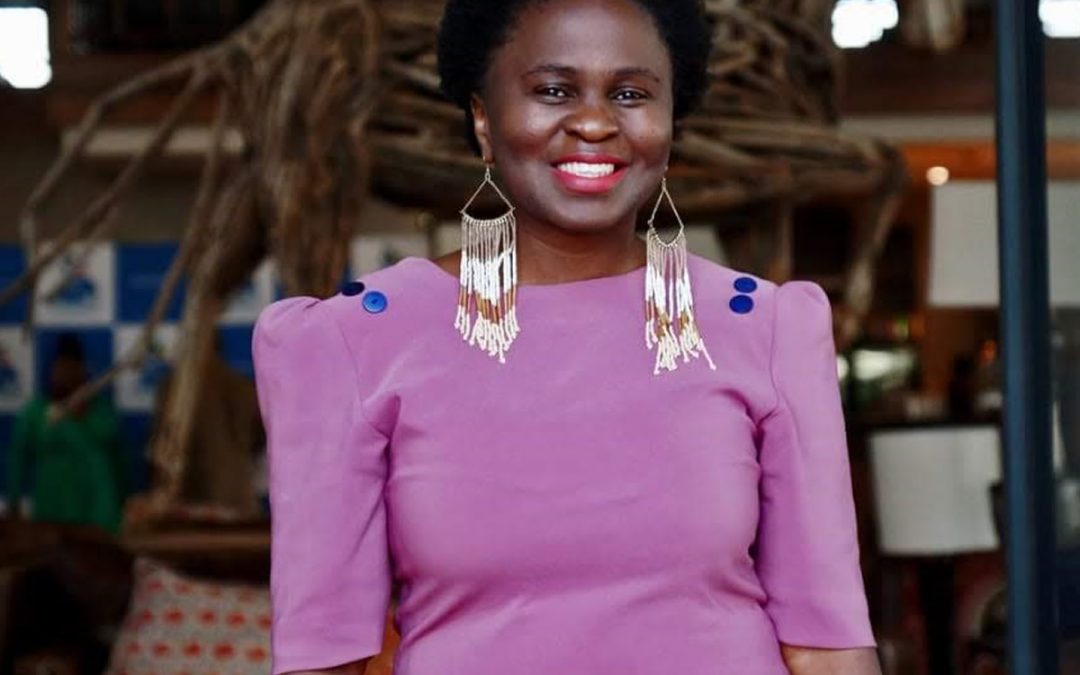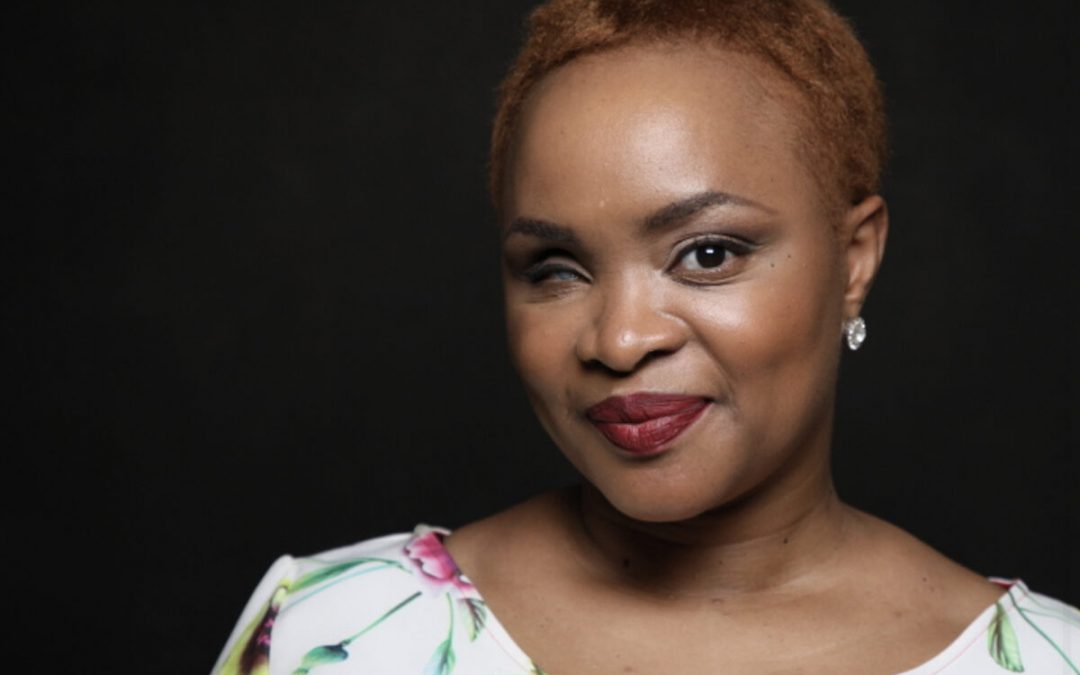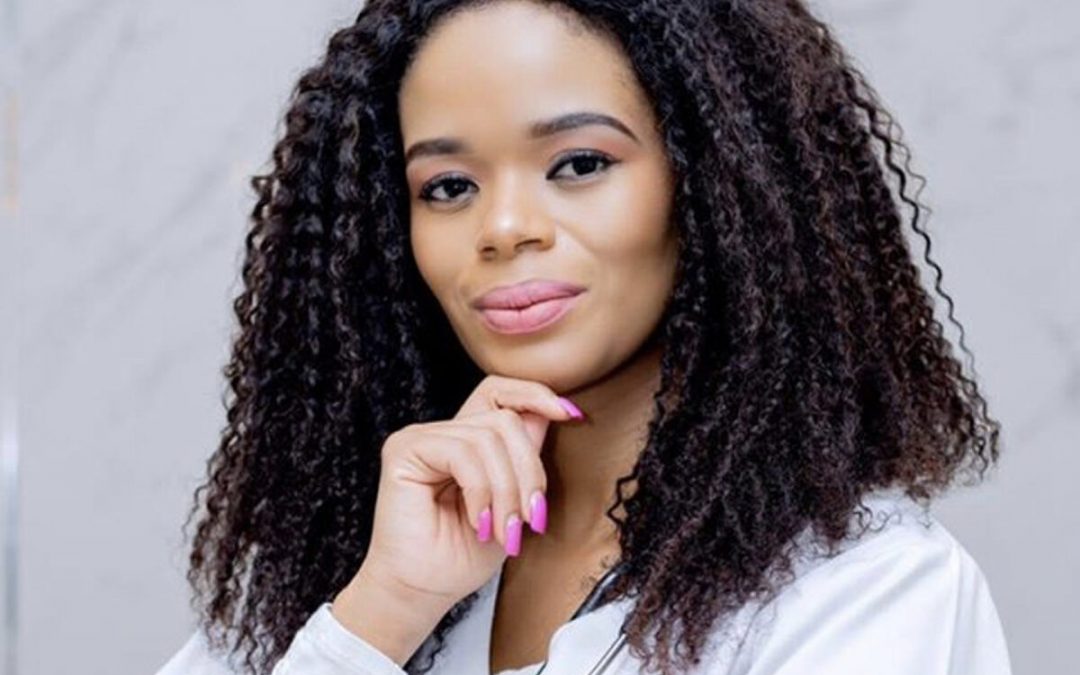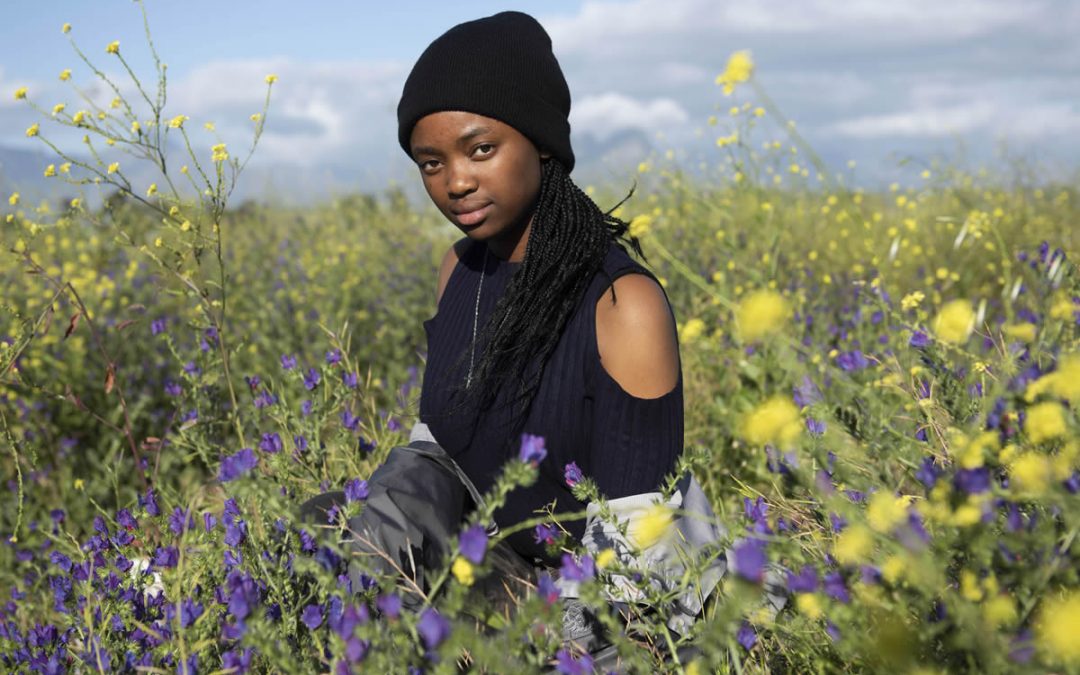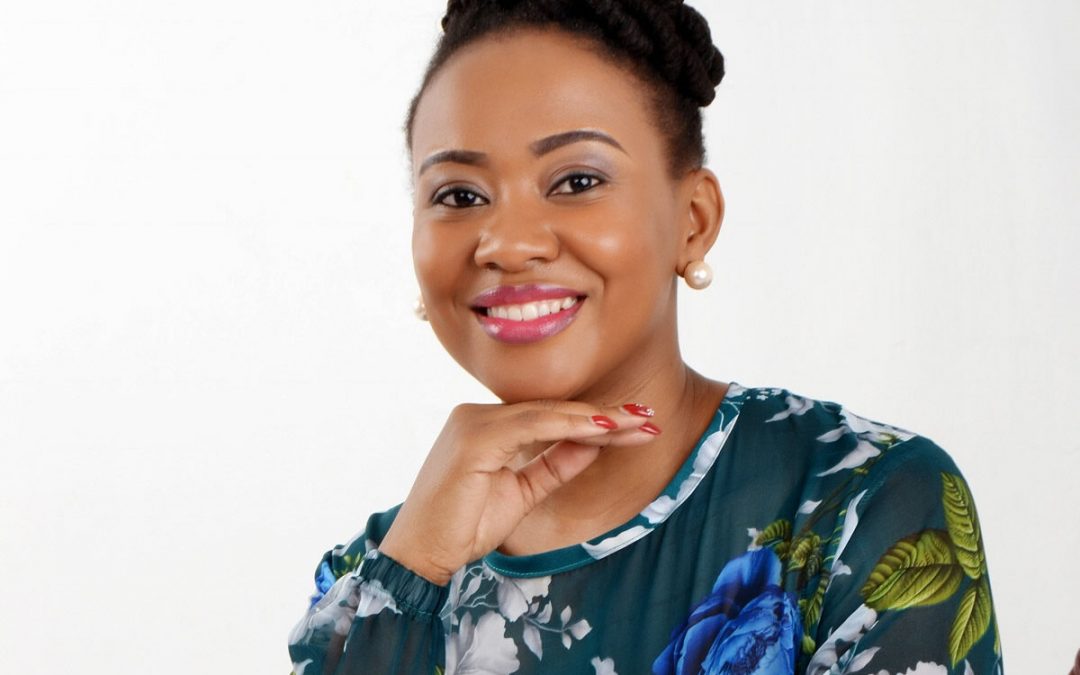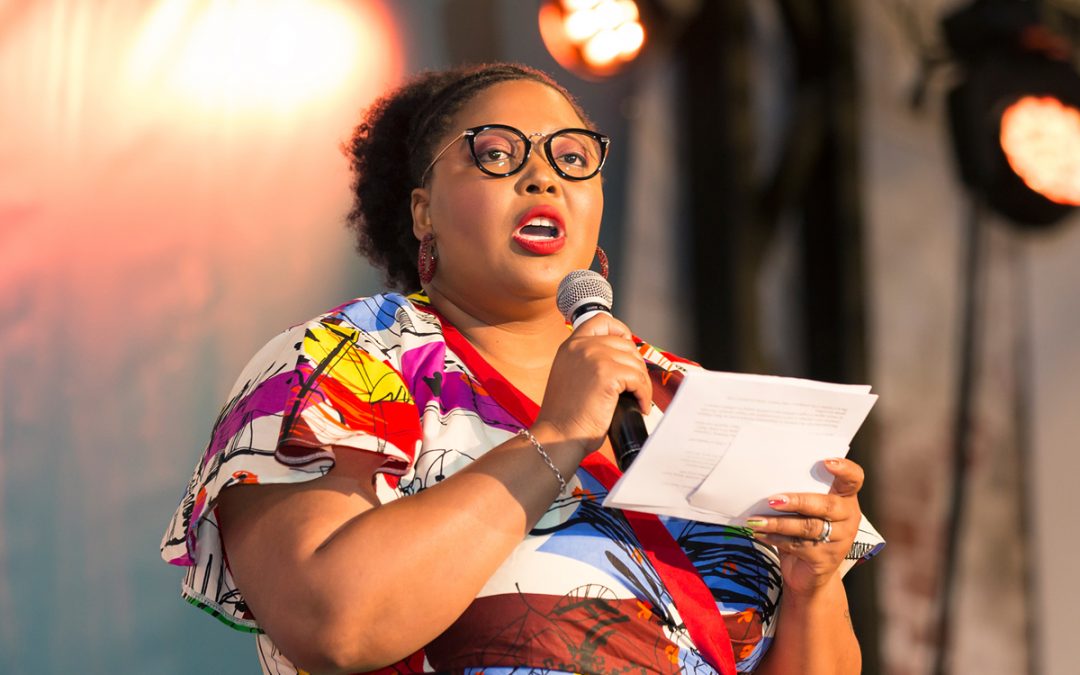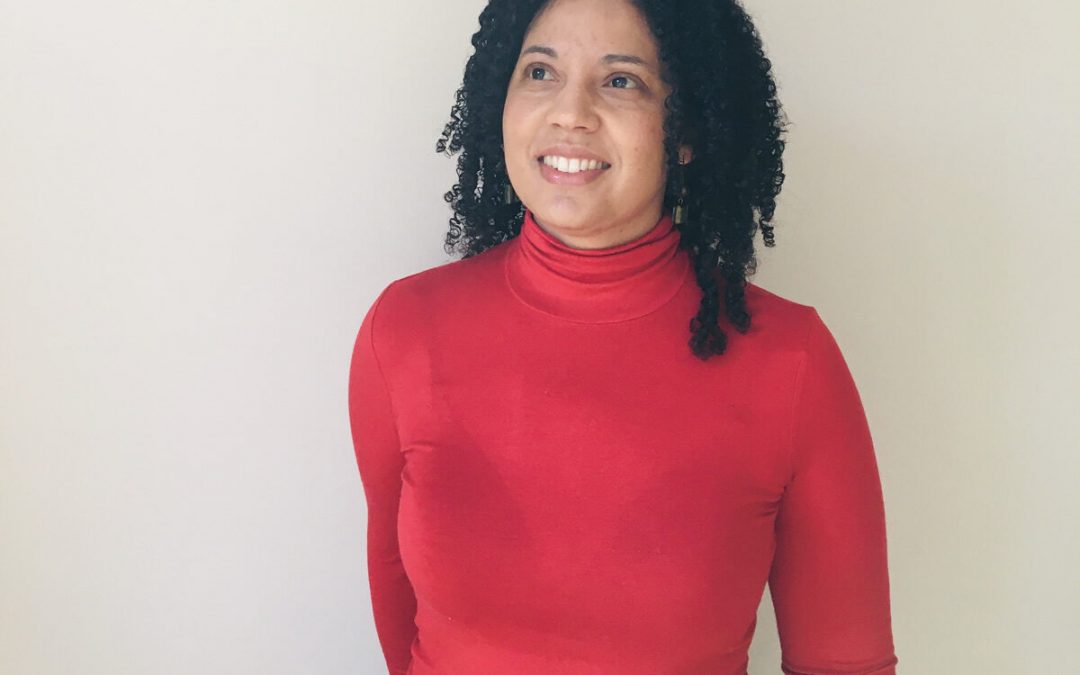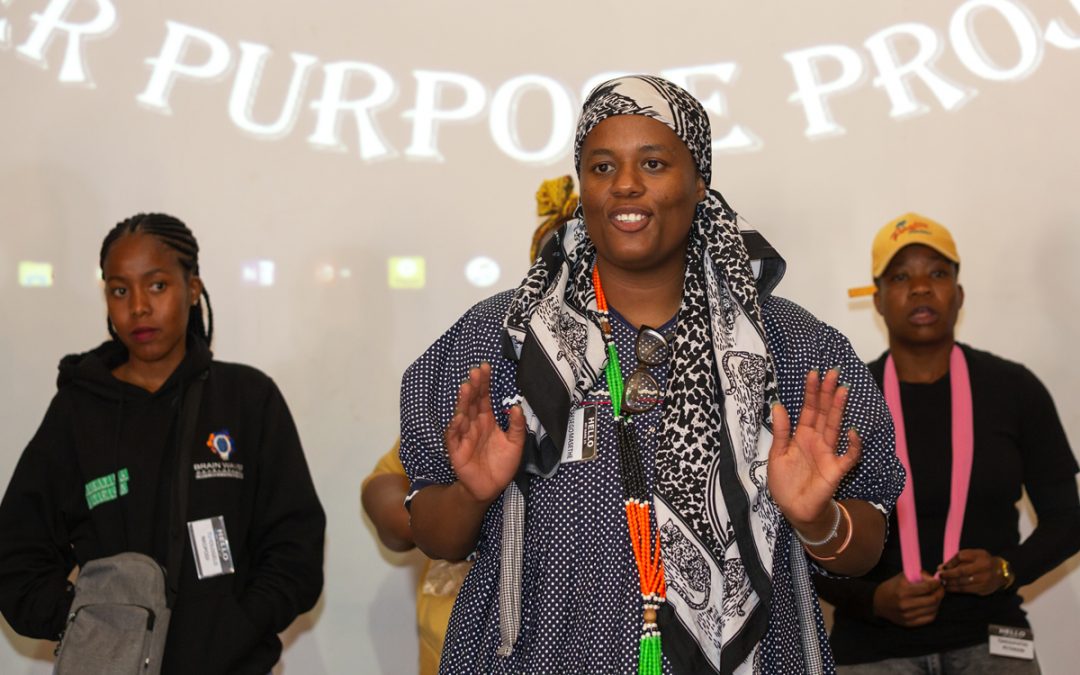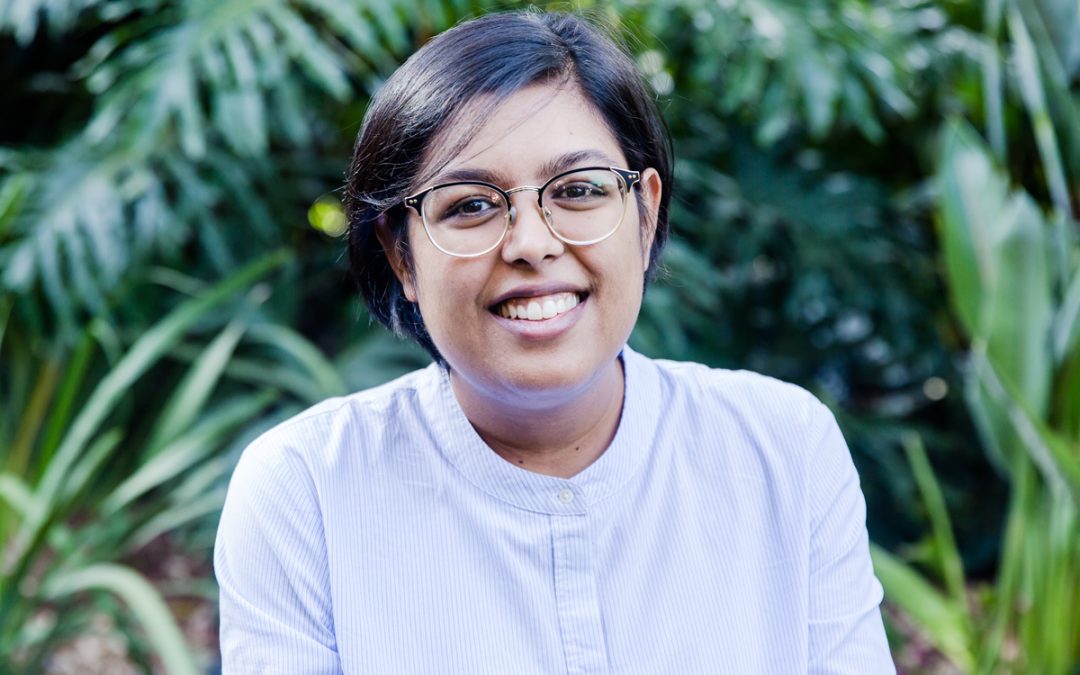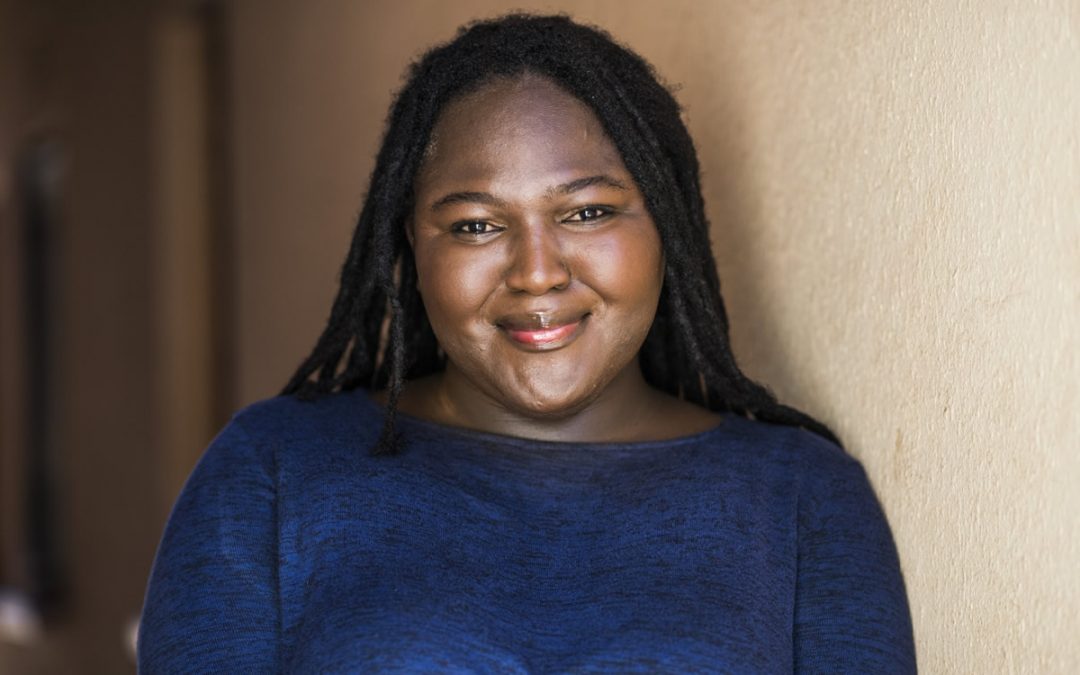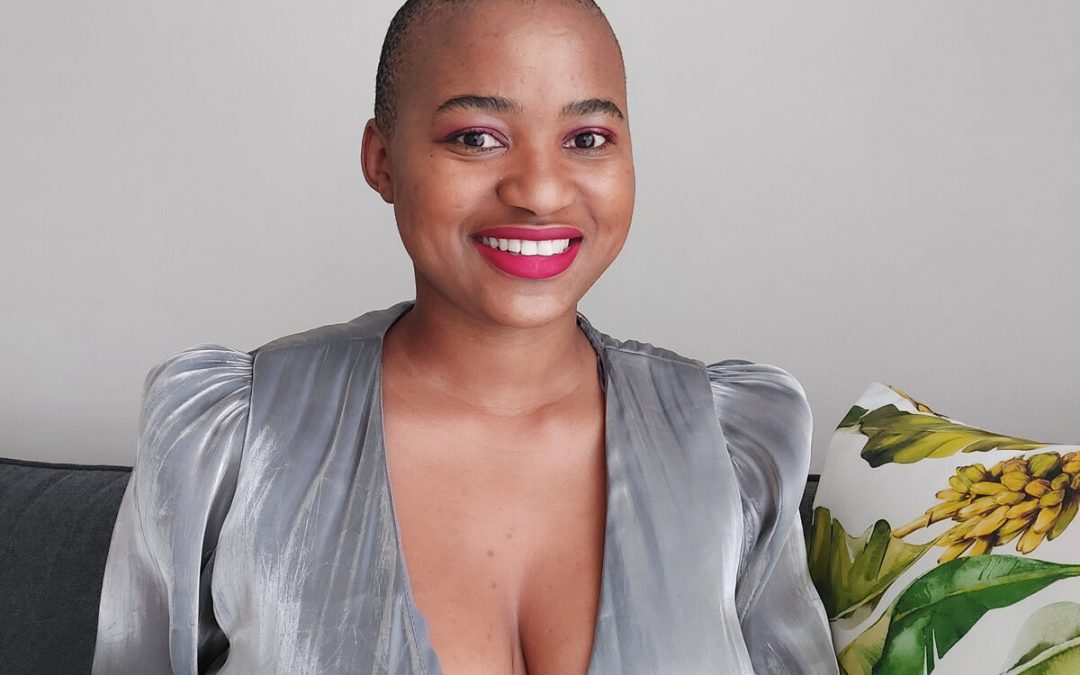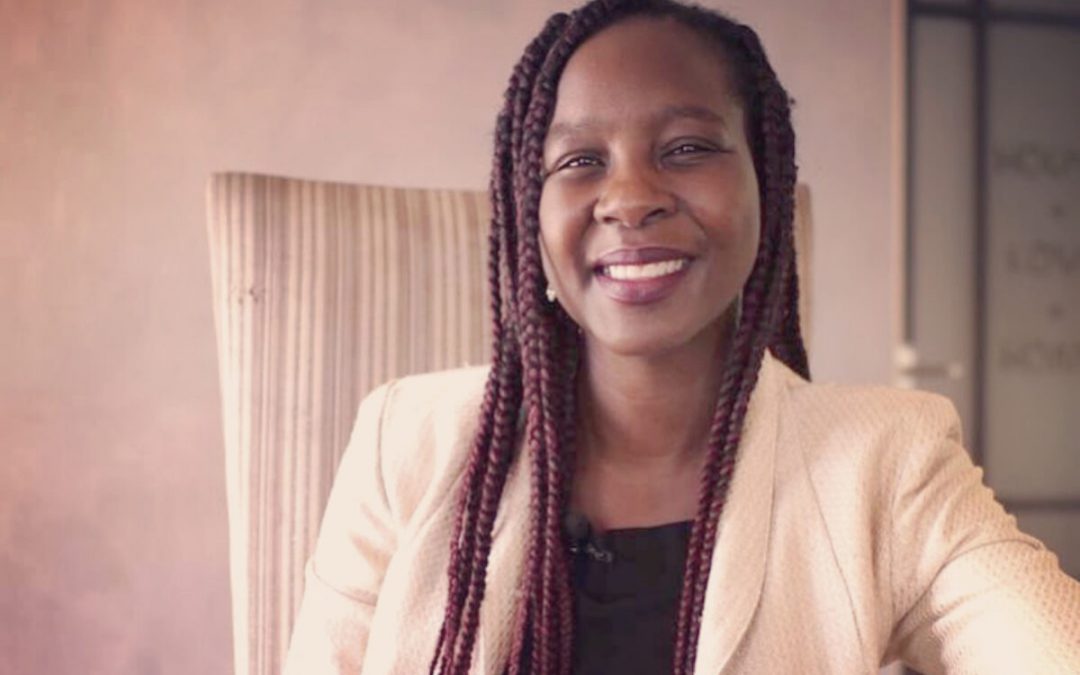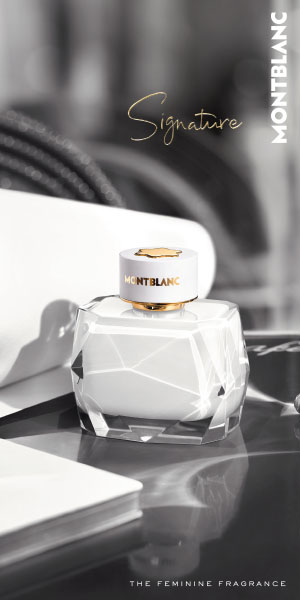Leveraging the network that she gained while competing in Miss South Africa, Cressey is dedicated to improving the circumstances of new mothers and their babies – and our collective understanding of reproductive rights.
Finding the courage to enter the Miss South Africa competition was a huge confidence and career boost for Sarah Cressey (née Botes).
Previously shy and rather timid, entering the contest in 2016 took a lot of guts. She didn’t win the pageant, but she did benefit enormously in other ways by gaining new networks of friends and business contacts that have helped her to grow the charity that she’s now focusing on full time.
Last year, Cressey quit her job to devote more time to The Grace Factory, an organisation that helps poverty-stricken mums cope with the demands of caring for their newborn babies. The initiative delivers packs of essential items such as nappies, blankets, toiletries and clothes to hospitals, baby homes and places of safety. The Grace Factory also works with organisations and counselling centres that help vulnerable girls and women who find themselves facing an unexpected or crisis pregnancy.
“I was working for a big corporate, but I resigned because my dream is to run The Grace Factory full time,” she says. “I’m passionate about making a difference and specifically helping mothers with babies.”
Cressey lives in Johannesburg, where she manages the day-to-day activities of The Grace Factory as its project manager. She also runs its social media pages, and she’s trying to grow the organisation so it can establish proper offices and pay salaries. She specifically wants to create the ability to help women facing difficult circumstances by offering counselling and practical help.
The network that she made by competing in Miss South Africa will help with that, she believes.
“People think it’s just a bunch of girls competing with each other, and while there is one winner, it changed everything for me. I’d been a very quiet, shy person for most of my life, so it brought out a new confidence in me, and taught me how to network and how to speak to people and deal with the public. It gave me the confidence to know that I can go further with my passion and my dreams, and it helped me build a very big network that I can use for my charity work.”
She only found the courage to enter the contest because she had support from other women who believed in her. That kind of unwavering support is something that women in difficult situations should be able to receive from The Grace Factory, she believes – and her aspirations for the organisation are informed by this ideal, combined with her keen understanding of the challenges that women in South Africa face every day.
“Our major goal would be to open our own centre aimed at helping women and girls to know their rights, specifically their reproductive rights. Our ultimate goal is to work with women and empower them to make their own choices,” she says. “Often, people don’t realise that some women don’t have the right to their own bodies. People are so quick to judge and say, ‘how can this woman be pregnant again?’, but maybe she didn’t have a say, because abuse is so high in this country that falling pregnant often isn’t by choice.”


